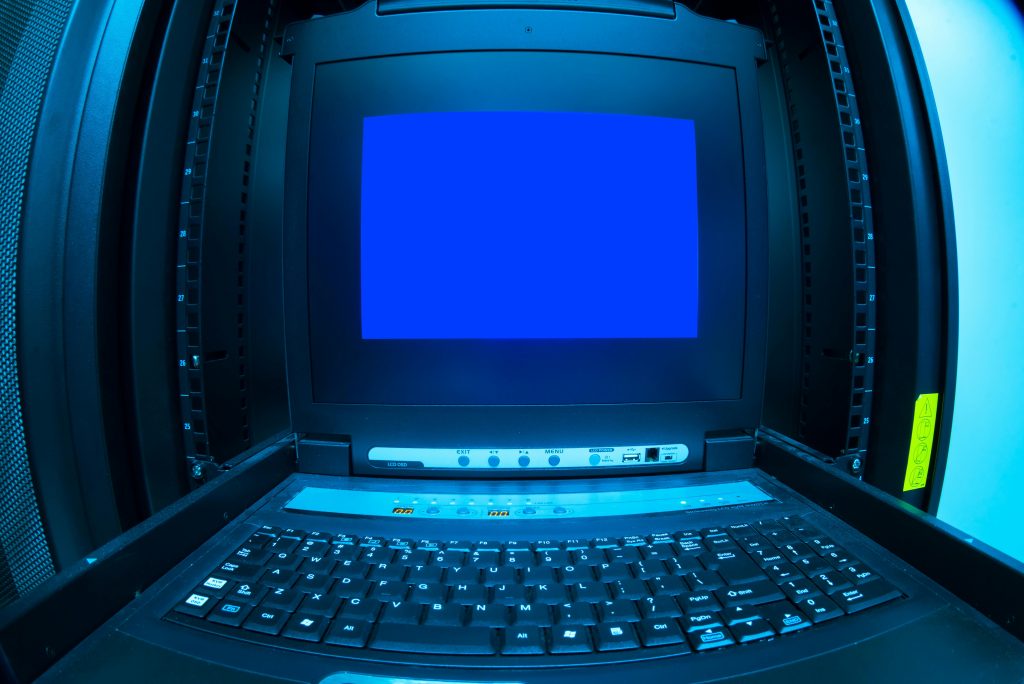Troubleshooting the “No Internet, Secured” Error on Windows 11: A Comprehensive Guide
Encountering internet connectivity issues can be frustrating, especially when your device displays a “No Internet, Secured” message while being connected to a network. This problem can be particularly perplexing if your device connects fine through a mobile hotspot but struggles on a specific Wi-Fi network. In this article, we will explore common causes for this error and provide effective troubleshooting steps to restore stable internet access.
Understanding the “No Internet, Secured” Message
The “No Internet, Secured” notification typically indicates that your device is connected to the Wi-Fi network and the connection is secure, but it lacks internet access. This discrepancy can arise from various network or device-related issues.
Common Causes:
– Router or modem problems
– Network configuration errors
– Wi-Fi adapter driver issues
– Incorrect network settings on your PC
– Interference from other devices or network overload
Scenario Overview
In the scenario described, the user experiences the following:
– The PC displays “No Internet, Secured” only on a specific Wi-Fi network
– Connecting to the same network via a mobile hotspot on the phone works correctly
– The error randomly resolves itself but persists over time
– The issue occurs solely on the user’s PC
– The user has attempted basic troubleshooting steps such as restart, resetting network settings, and toggling Wi-Fi
– The Windows 11 device’s hotspot data may be maxed out due to extensive usage
Effective Troubleshooting Steps
- Confirm Internet Access via Other Devices
-
Ensure that other devices (e.g., smartphones, tablets) connected to the same Wi-Fi network have internet access. If they do not, the issue likely resides with the router or internet service provider.
-
Restart Network Hardware
- Power cycle your router and modem by unplugging them from the power source.
- Wait for at least 60 seconds before plugging them back in.
-
Allow the devices to fully restart and re-establish the connection.
-
Renew IP Address and Flush DNS
- Open Command Prompt as Administrator:
- Press Win + X and select “Windows Terminal (Admin)” or “Command Prompt (Admin)”.
- Run the following commands:
ipconfig /release
ipconfig /renew
ipconfig /flushdns -
Restart your PC and reconnect to the Wi-Fi network.
-
Update Wi-Fi Adapter Drivers
- Open
Share this content:



